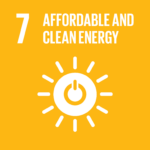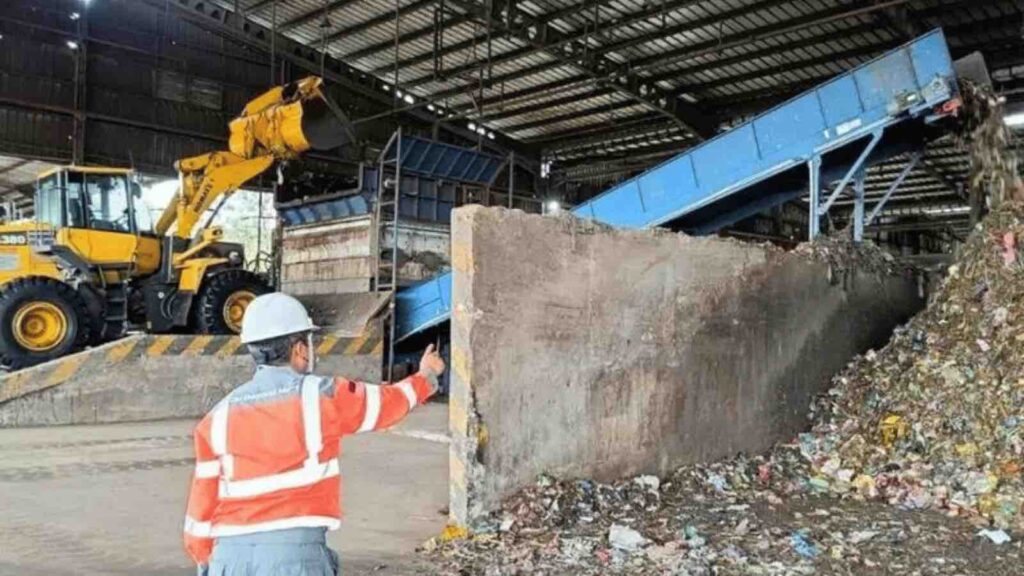Cilacap’s Revolutionary RDF Plant: transforming waste into fuel and shaping a sustainable future.
In a significant stride towards sustainability, Cilacap, Indonesia, has introduced an innovative Refuse Derived Fuel (RDF) plant, turning waste management into a source of renewable energy. This breakthrough facility, operational since 2017, symbolizes a remarkable shift in tackling environmental challenges and offers a blueprint for other regions grappling with waste management issues.
RELEVANT SUSTAINABLE GOALS



Cilacap’s Pioneering RDF Plant in Indonesia
Spearheaded by the local government and supported by various national and international agencies, the RDF plant in Cilacap processes waste from 14 districts into a coal substitute. With an investment of Rp84 billion, the plant represents a significant commitment to eco-friendly waste processing. The facility, funded by sources including the Ministry of Public Works and Housing, the Danish International Development Agency (Danida), the Central Java Provincial Government, and the Cilacap Regency Government, showcases an impressive collaborative effort.
Refuse Derived Fuel (RDF) is a renewable energy source produced from combustible components of Municipal Solid Waste (MSW). This waste, typically originating from industrial or commercial sites, undergoes shredding, drying, baling, and burning to generate electricity. RDF is not just an alternative to landfill; it is a sustainable method of converting waste into energy, thereby reducing reliance on fossil fuels.
Transforming Waste into Energy
Before processing, waste is sorted and then shredded into uniform sizes. It is then dried to reduce moisture content below 25% and increase its calorific value. This method ensures the creation of a homogenous material suitable as a substitute for fossil fuels and acts as a reduction agent in steel furnaces. The process involves several steps, including size screening, coarse shredding, bag splitting, magnetic separation, and refining separation.
RDF has emerged as an eco-friendly landfill alternative. Its growing adoption is part of a global effort to meet landfill diversion targets. According to a report by Dutch energy firm AEB, “exporting waste for RDF is more environmentally beneficial than landfilling it in the UK if it travels within 2,300 kilometers by boat or 1,265 kilometers by road.” This trend highlights the potential of RDF in revolutionizing waste management practices worldwide.



